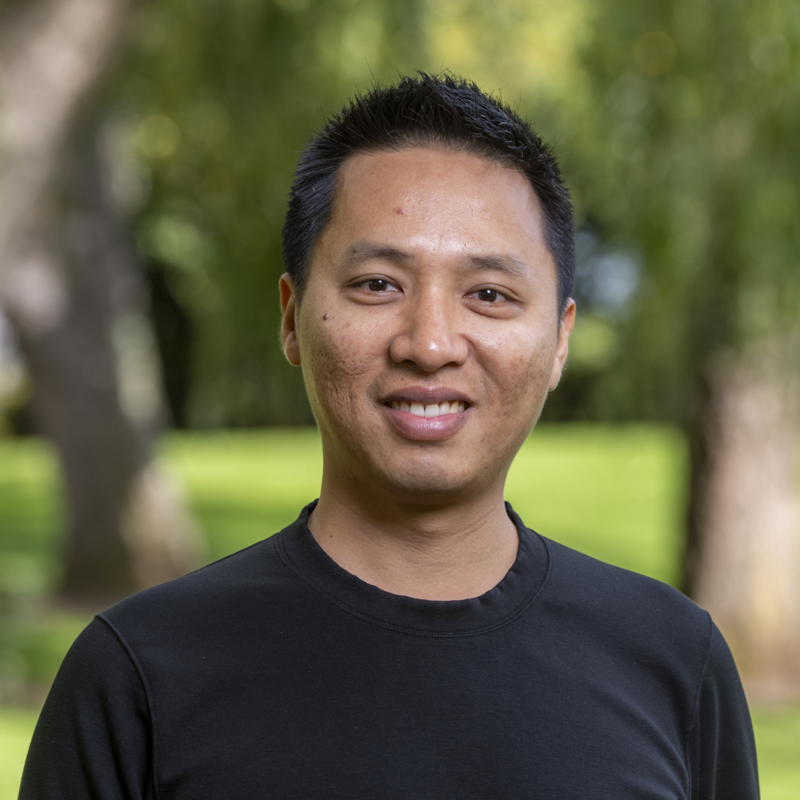Cuong Nguyen
I am a Lecturer in People-centred AI at the Centre for Vision, Speech and Signal Processing, University of Surrey.
My research focuses on probabilistic machine learning, uncertainty modelling, and AI systems that support human decision-making.
📚 Publications
Please refer to my Google Scholar, or click the button below to retrieve the list of my publications from ORCID.
